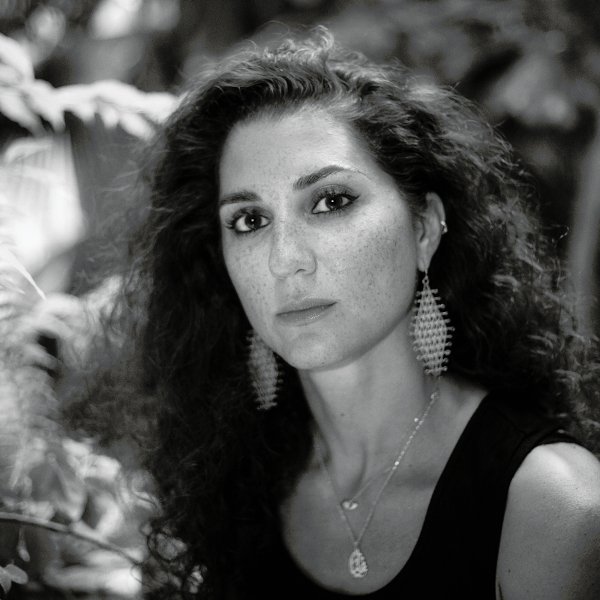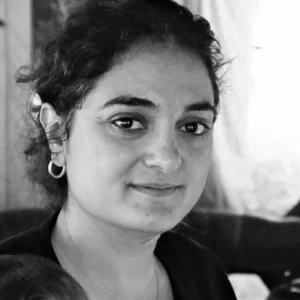Welcome to the fifth edition of The Question of Syria; The Struggle for Home on 22nd November at Litteraturhuset. This year’s Question of Syria expands the discussion beyond nation state politics by reflecting on questions of belonging, exile, everyday political expression, right to land, citizenship and return.
The Question of Syria 2019 – The Struggle for Home invites intellectuals, specialists and artists from Iraq, Palestine, Syria, Sudan as well as Norway to think together about home.
With the Syrian conflict entering its 8th year, new struggles continue to erupt in the Arab world, with Algeria, Sudan, Lebanon and Iraq being the latest revolting countries. Political struggles continue across regions touched by the Arab spring, but they also disappear in the conditions of migration and displacement brought about by these struggles.
This year’s Question of Syria will focus on these new realities. The Syrian struggle has shown that it is important to think beyond borders, particularly following the millions of people that have sought refuge in the region, Europe, including Norway, and elsewhere.
Program
17:00-18:30 / Searching for Home
- Time, Space and People: Untold History of Mosul, Omar Mohammad
- When Home is Unattainable, What Replaces it?, Alia Malek
- Home and Homeland in the Palestinian Right to Return, Nadim Khoury
Moderated by Joakim Parslow, Associate Professor – Middle East Studies, University of Oslo.
18:30-19:00 / Break & Book signature
During the break, Alia Malek will sign copies of her book, The Home That Was Our Country: A Memoir of Syria, which will be available for sale in the bookstore at Litteraturhuset.
19:00-20:30 / The Art Of Resistance
- Reclaiming Home: Visualizing Resistance in Sudan Protests, Cassius Fadlabi
- Carnival: Celebration, Protest and Strategies of Art Activism, Camilla Dahl
- An Update from Lebanon, Rana Issa
- Reclaim the Streets: Ad-busting as a Tool for Civic Agency and Empowerment, James Finucane
PART ONE: SEARCHING FOR HOME
Time, Space and People: Untold History of Mosul
Mosul has been for centuries a city of unique coexistence and had its own identity locally and internationally. Christians were not only leading their own community, they were the alternative to Rome. Jews were developing their language and had a different life than it was told to us by recent studies. Muslims and other groups worked all together and produce their own products that helped Europe during its industrial revolution. What happened to a city was once on the Silk Road to be a destroyed one? Who are the people of Mosul now? What space they have? and what time they are living?

When Home is Unattainable, What Replaces it?
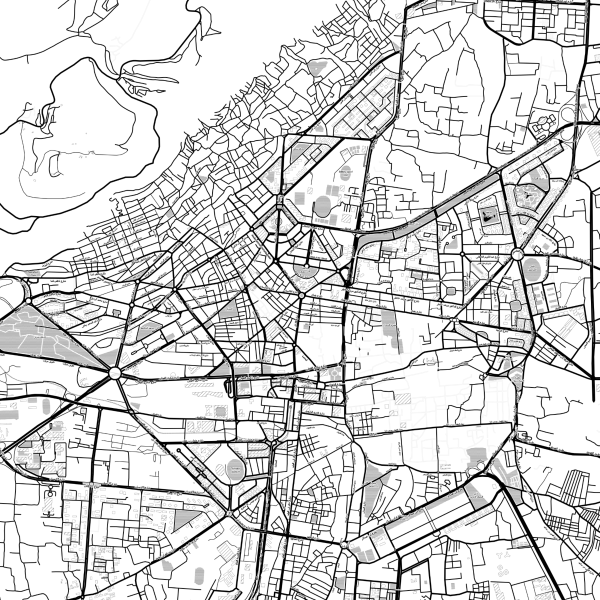
In 2015, Malek traveled from Greece to Germany with a group of Syrians fleeing their country’s disintegration. The refugees had met while marooned on the same raft in the middle of the Aegean Sea. Each of them came from a different part of Syria and from different socio-economic classes. Their sites were set on making it to Sweden and the Netherlands. Some of them would be forced to ask for asylum in Germany. Since then, Malek has been reporting on their lives and displacement across these three countries as part of a 10 year reporting project. Drawing on this work, she will consider what replaces the very idea of home when home itself becomes unattainable and its permanence illusory.
Home and Homeland in the Palestinian Right to Return
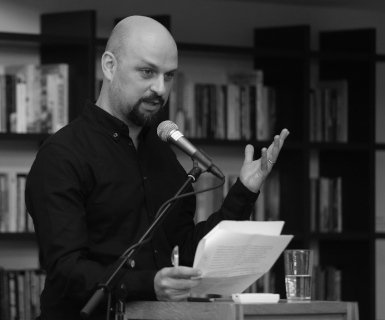
The right of return has been central to the Palestinian struggle since 1948. What home Palestinian refugees should return to, however, has been less than obvious. In this talk, I want to explore the different meanings of home underlying the right of return, especially as this right has been recognized, negated, and negotiated since 1948. The goal is not only to offer a historical survey but to pose a urgent question: what home should a just peace promise Palestinian refugees, refugees who have been denied a home for far too long?
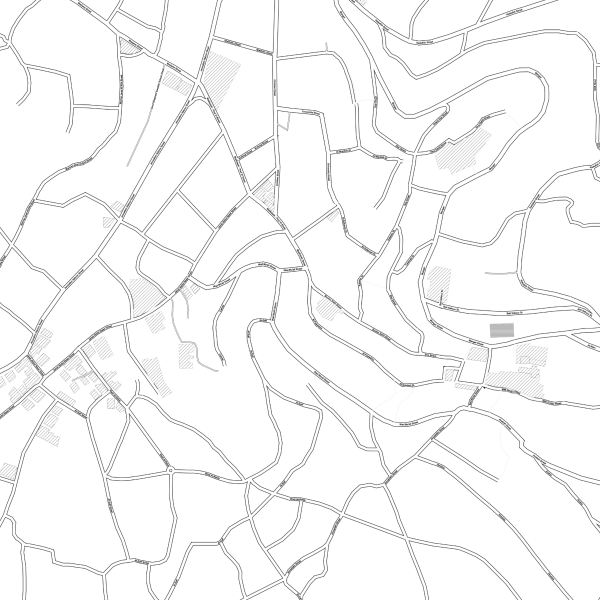
PART TWO: THE ART OF RESISTANCE
Reclaiming Home: Visualizing Resistance in Sudan Protests

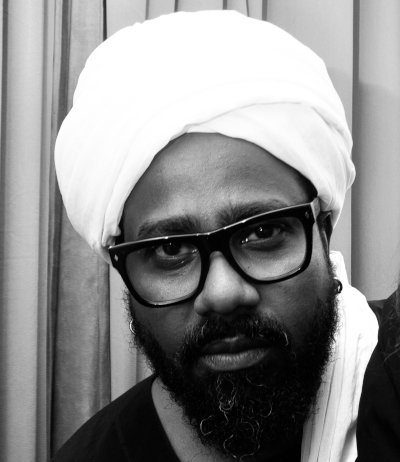
During the Sudan uprising many Sudanese in diaspora found different ways to contribute to the revolution. In Fadlabi’s case he made more than 100 posters about different events to be used in Sudan by his friends. He will talk about that experience and the part that art plays an important role not only in telling the story of revolutions, but sometime even in shaping the goals of the revolution
CARNIVAL: CELEBRATION, PROTEST AND STRATEGIES OF ART ACTIVISM
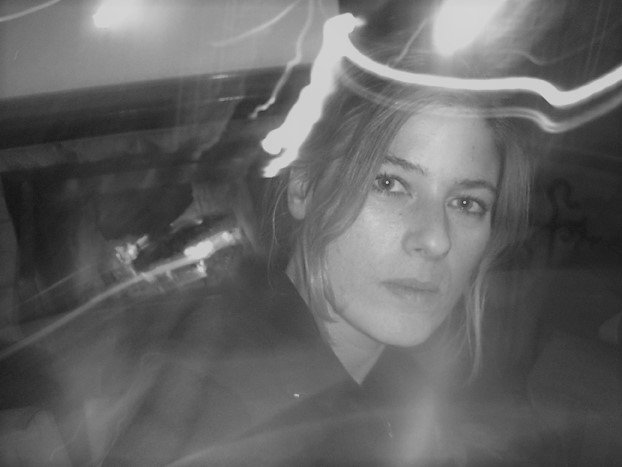
In 2019, the collaborative art project “Carnival – an Intercultural Celebration and Protest” was performed in Oslo as a carnival parade and an exhibition at the Intercultural Museum. Inspired by the traditional carnival, the aim was to engage artists, schools, local communities and activist groups to gather in the carnival to celebrate and protest in creative ways. Together we were to explore how the upside-down perspective of the carnival culture could activate new spaces of political engagement and participation, and how artistic expressions and strategies could be used to ridicule and resist systems of power. As one of the initiators, Camilla Dahl will talk about the various forms of projects that participated, ranging from socially engaged and participatory art to activist protests addressing specific issues.
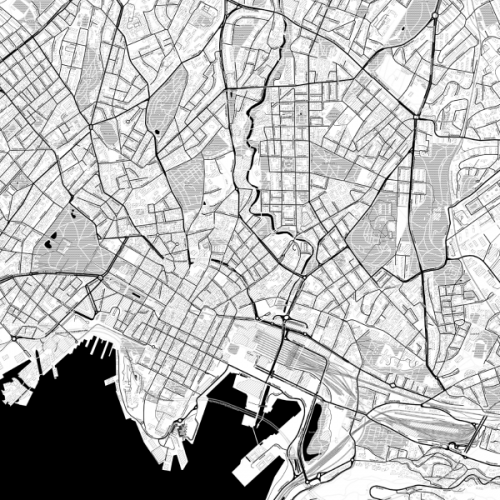
AN UPDATE FROM LEBANON
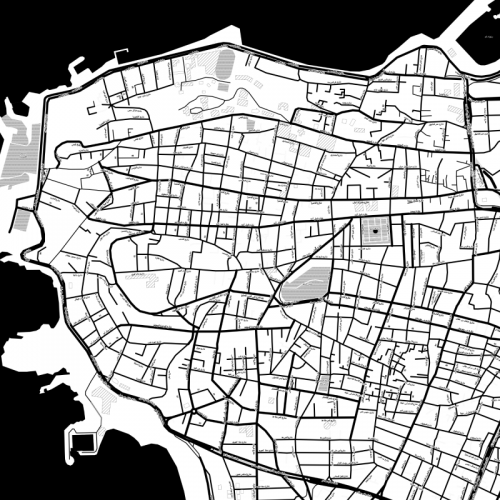
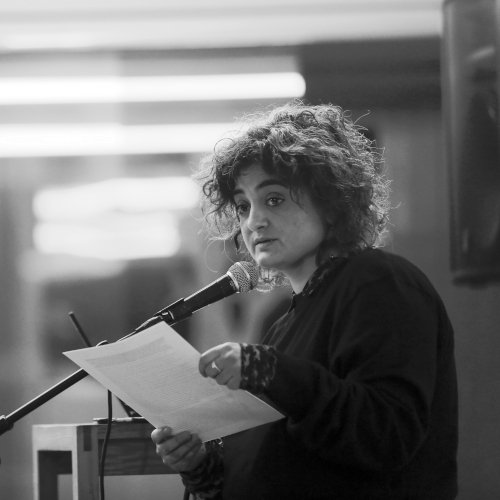
Rana Issa has been participating in Lebanon protests since the onset of the Lebanese October revolution. She will introduce us to the protesters creative strategies with the major milestones in the revolution drawing on non-violent resistance and inspiration from Sudan and Iraq protests.
RECLAIM THE STREETS: AD-BUSTING AS A TOOL FOR CIVIC AGENCY AND EMPOWERMENT

Subvertising Norway is a non-profit network of artists and activists raising awareness about who has the power to communicate messages and create meaning in public space through acts of creative subversion and art-based activism. Guided by the basic principle that the visual realm in public space belongs to everyone – not only the companies and organisations that can afford to rent our attention – Subvertising Norway provides the tools and know-how for citizens to actively participate in shaping our shared public spaces




